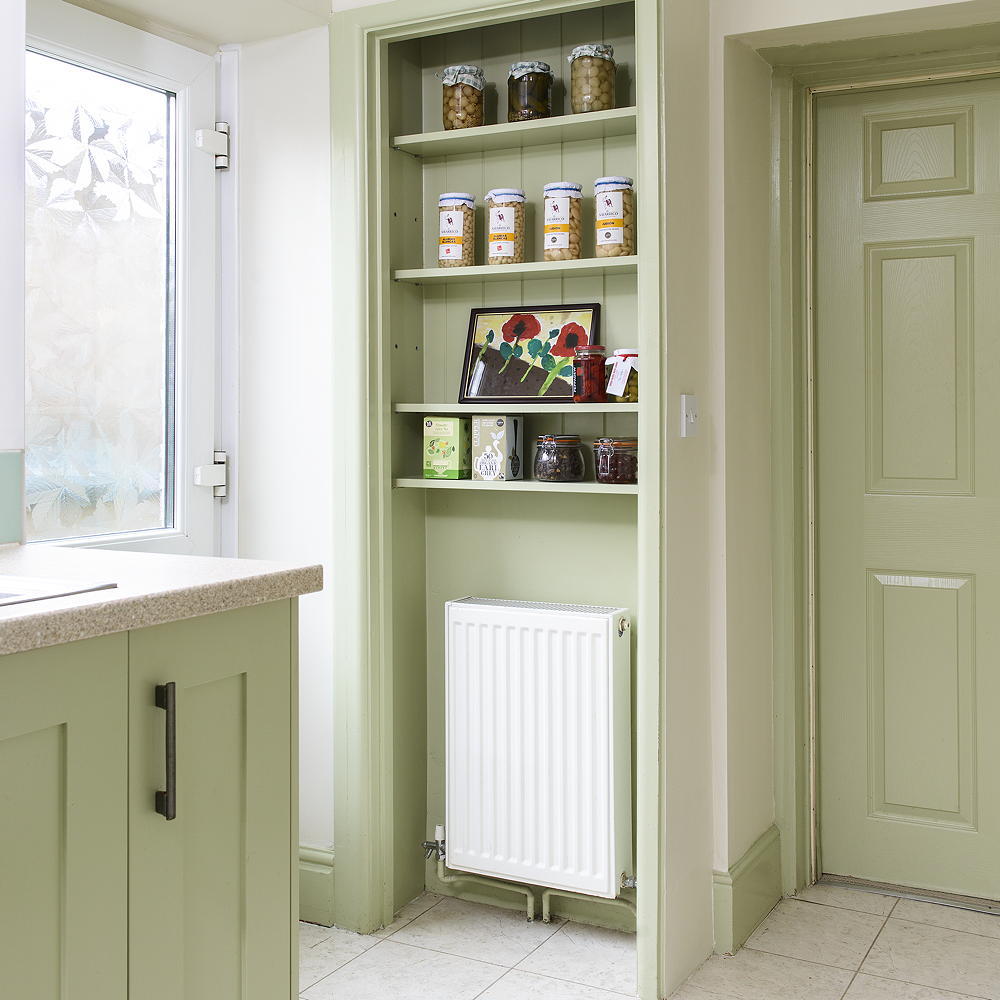The mistake that is putting third of UK homes at risk of carbon monoxide poisoning
Don't put it off any longer

When was the last time you checked your carbon monoxide alarm's batteries? If you don't have one then you need to hear this carbon monoxide alarm warning.
Related: How to fix or replace a boiler and look after it over the winter months
According to a recent study by Uswitch, a third of households don't have a carbon monoxide alarm. Getting one sorted isn't always at the top of our to-do lists, but here's why you shouldn't put it off.
Those of us without one are at risk from the odourless ‘silent killer’ emitted from faulty boilers, central heating systems, water heaters, gas fires and cookers. The gas is tasteless, odourless and invisible, meaning we may not know there is a leak unless we have an alarm.
Carbon monoxide alarm warning

What with lockdown and snowy weather, it's all the more important to ensure you have a detector, and that it's working. 'With households turning their heating up during the cold weather, and a majority working from home, boilers are under more pressure than ever and boilers which have not been serviced for a long time could be at risk of causing serious problems,' says Sarah Broomfield, energy expert at Uswitch.com.
Related: Your boiler could be extinct by 2025 – and here’s what the experts say
'The pandemic has held up a lot of services, but we are urging people to get their boilers checked by a qualified engineer regularly. In the meantime, buying a carbon monoxide alarm and regularly checking that the batteries work is a vital way to protect yourself and your family,' Sarah adds.
Sign up to our newsletter for style inspiration, real homes, project and garden advice and shopping know-how
More than a quarter of us haven’t had our boilers serviced in over a year, with the pandemic delaying checks for a third of boiler owners.

What are some of the signs of a carbon monoxide leak?
A tension headache is the most common symptom of mild carbon monoxide poisoning. Other effects can include dizziness, feeling and being sick, tiredness and confusion, stomach pain and shortness of breath and difficulty breathing. Long-term exposure can cause neurological symptoms, and death in severe cases.
What do you do if your carbon monoxide alarm goes off?
Of those who have a carbon monoxide detector, a quarter of households say they would not know what to do if the alarm went off. If your alarm does go off take action by turning off appliances, opening doors and windows. Leave the property and call a qualified technician.
Related: This is the perfect temperature to set your heating at and keep everyone happy
How often should you have your boiler serviced?
One of the most common sources of carbon monoxide in homes is the boiler. It is recommended that boilers are serviced annually to ensure they are operating safely and at peak efficiency.
However, more than a quarter of households have not had their boiler serviced in over a year. This has been made worse by the pandemic, as almost a third of those with a boiler said they have waited longer than normal.

Two-fifths of those who have waited because of Covid-19 said they had done so because they were worried about the risk of infection from having an engineer in their property, and nearly a quarter said they had put it off as their household finances are tighter because of the pandemic.
Overall, a fifth of people say they only get their boiler serviced every two years or more, and 7% only get a service when there is a problem.
Related: Could your boiler be putting your families lives at risk?
Uswitch.com and London Fire Brigade are calling on people to ensure that their boiler is regularly serviced and to buy a carbon monoxide alarm.
Don't put yourself at risk.

Millie Hurst was Senior Content Editor at Ideal Home from 2020-2022, and is now Section Editor at Homes & Gardens. Before stepping into the world of interiors, she worked as a Senior SEO Editor for News UK in both London and New York. You can usually find her looking up trending terms and finding real-life budget makeovers our readers love. Millie came up with the website's daily dupes article which gives readers ways to curate a stylish home for less.